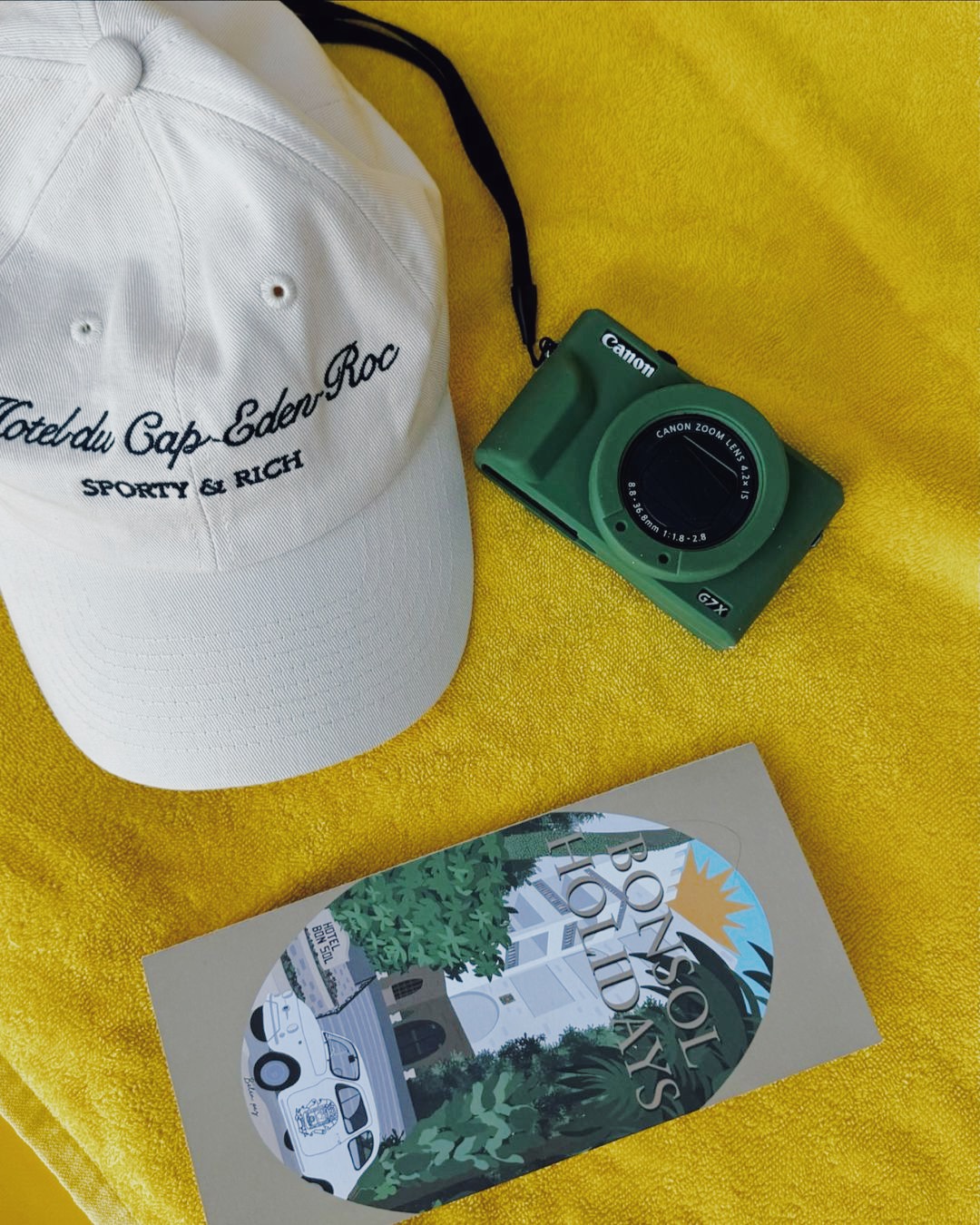
TRAVEL INFLUENCERS
On more than one occasion, we have talked about how the tourism sector has changed, as well as the way we conceive travel itself; how the internet has introduced “do-it-yourself” vacations through online booking platforms and, over time, created a new kind of tourist: more independent and aware.
Influencers have also transformed tourism marketing: hotels, airlines, and agencies now rely more on authentic experiences than on traditional advertising. Emerging destinations often bet on influencers to gain visibility, and the power of a well-taken photo can fill restaurants or resorts within days.
In the past, travel agencies and tour operators were the ones deciding and selecting routes to channel mass (or niche) tourism. In recent years, however, the travel sector has “welcomed” a new figure: the travel influencer.
Who are these travel Instagram stars?
In general, travel influencers are, like most influencers, modern storytellers with a GoPro in hand and a drone in their backpack. They share their experiences online—usually on Instagram, YouTube, TikTok, or a blog—posting content and influencing travel decisions thanks to their ability to tell compelling stories and portray destinations.
They come in all kinds: from those who narrate extreme adventures in the most remote places on earth, to those who promote local, sustainable tourism, or others who indulge in the pleasures of luxury spas and Michelin-starred restaurants.
They are often sponsored by tourism boards, hotels, or collaborate with clothing and travel gear brands, whether through paid partnerships, product exchanges, or stays at the properties they promote.
Men and women showing the world through digital lenses, turning personal experiences into visual content that inspires and influences the travel decisions of thousands. True content professionals: stories and reels are their languages. They are photographers, videomakers, copywriters, and marketers all in one.
Of course, there are criticisms: some accuse influencers of contributing to overtourism, promoting an unrealistic or unsustainable lifestyle, or distorting reality just to get more “likes.”
At BonSol, our journey began in 1953. In the early years, the hotel grew thanks to word of mouth; so we warmly welcome this extraordinary “digital word of mouth,” especially for those promoting ethical and sustainable tourism, with low-impact experiences and authentic relationships with places and people.
Travel influencers could be considered the new ambassadors of the world: they inspire, inform, and entertain. And if they choose to do so with ethics and passion, they not only take us to see the world but also help us understand it better.





